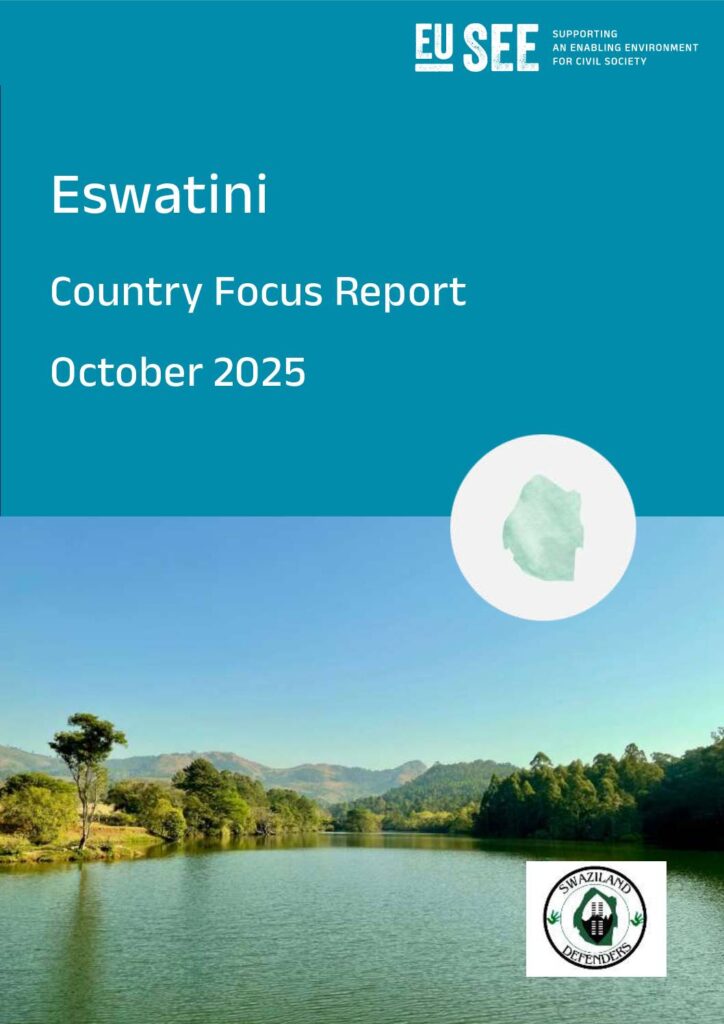Eswatini is governed under an absolute monarchy, where the King holds executive, legislative, and judicial authority. The country operates a hybrid governance system that blends traditional institutions with liberal democratic principles. Constitutionally, the Monarch serves a dual role as both the King and the Ingwenyama, symbolising the fusion of modern statecraft and customary leadership. Despite formal provisions for civic participation within both governance systems, public engagement has limited influence on decision-making. Power remains highly centralised, and the absence of institutionalised feedback and accountability mechanisms has contributed to widespread civic apathy.
Political pluralism is severely restricted. Political parties remain banned under the 1973 King’s Proclamation, a decree that continues to override the provisions of the 2005 Constitution. Elections serve primarily to establish government authority, but the composition of elected bodies is tightly controlled, limiting their ability to resolve political tensions or represent diverse interests. Dissent is systematically suppressed through repressive legislation, the Suppression of Terrorism Act, Public Order Act, and the Sedition and Subversive Act. These laws have been used to target political opponents, human rights defenders, and civil society activists. As a result, Eswatini is classified as a “closed” civic space by the 2024 CIVICUS Monitor.
In this restrictive environment, civil society organisations (CSOs) play a critical role in advocating for human rights, transparency, and social justice. However, they operate under significant legal and regulatory constraints. The Companies Act, which currently governs CSOs, is not tailored to their unique operational needs. The proposed Non-Profit Organizations (NPO) Bill of 2024 is a potentially transformative piece of legislation aimed at addressing these gaps. Nonetheless, stakeholders have raised substantive concerns regarding its provisions, underscoring the need for inclusive consultations to ensure the law is just, enabling, and fit for purpose.
Further compounding the challenges faced by civil society are the absence of access to information laws and whistle-blower protection frameworks. These gaps hinder transparency, weaken accountability efforts, and expose journalists, activists, and human rights defenders to heightened risks.
Enabling principles scores

